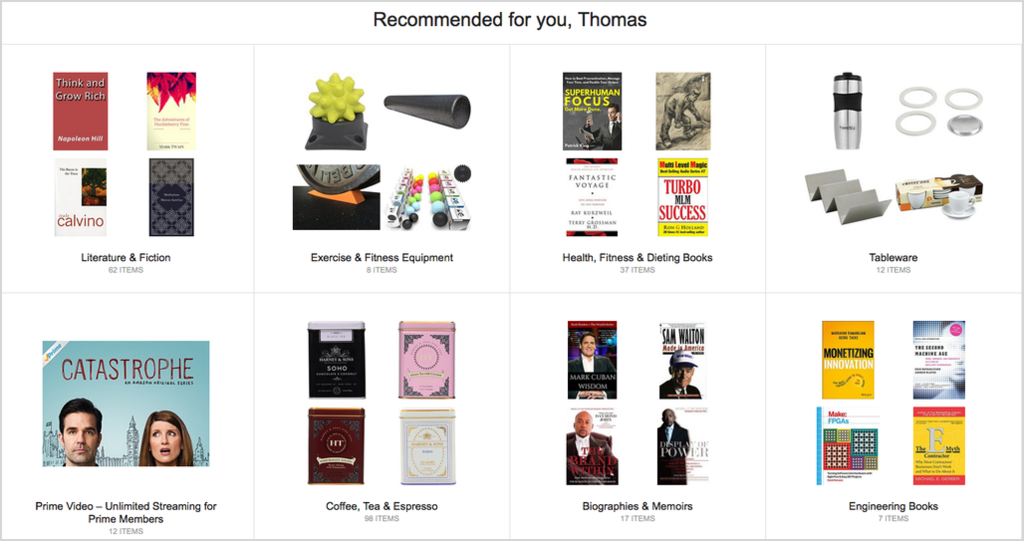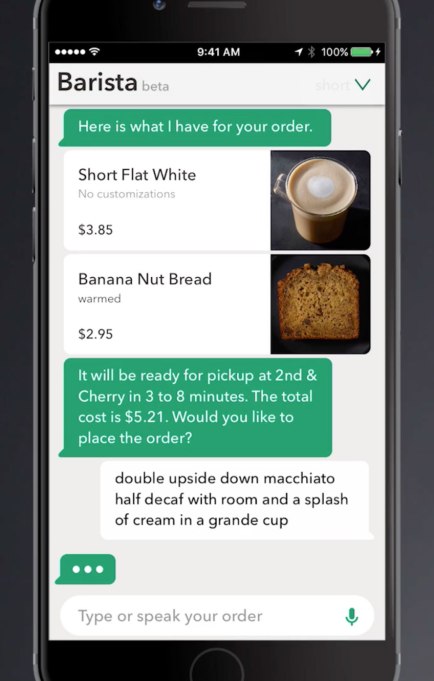Planning, designing and executing marketing campaigns to get users to download your app take a heavy toll on your resources.
On top of that, 24% of users abandon an app after just one use. The reason is quite simple, if your app is not indispensable, they’ll abandon/uninstall it and move on.
Considering the fact that your existing customers are much more profitable than the new ones, retention should be on the top of your mind. If you manage to lower your churn rate by 5%, you can increase your profitability by 25-125%!
No matter how much you spend on acquiring new users by bulk, if you don’t have a plan to retain your existing app users, you’ll end up losing valuable prospects who’ll just take their business elsewhere.
People abandon apps if their expectations are not met; if your app isn’t “sticky” enough. The stickiness of an app is calculated by dividing your daily active user count (DAU) by your monthly active user count (MAU). The closer your DAU is to your MAU, the stickier your app.

Users voluntarily download an app and provide personal information to enjoy a tailored experience.
As app marketers, your job doesn’t end with app installation, you have to utilize the user information to predict the user journey and provide a cohesive experience that’ll pave the way for up-sells and continued loyalty.
You have to coerce your users to make your app a habit instead of a one-time fad.
How does AI fit into all this?
AI-infused mobile apps give marketers a complete understanding of user behavior and help refine the entire journey by delivering value at every step of the way.
It sifts through a huge number of data points to isolate actionable insights that’ll pave the way for a more meaningful relationship with the customers.
AI/machine learning streamlines the gathered data, filters it to reveal critical insights and preferences for a more targeted user experience.
It helps automate routine marketing tasks to free up more time to strategize and modify lifecycle marketing campaigns. It enables the system to draw conclusions based on historical data and perform activities accordingly.
With a clear business goal in mind, AI continually studies the patterns and provides a holistic view of the lifetime value of your users, thus identifying your most valuable customers. Not only that, it monitors the behavior of existing high-CLV customers to optimize campaigns for potential prospects.
It simplifies the process of targeting valuable prospects by using past data to find and engage similar profiles of people who are likely to respond to your message.
It even optimizes your outbound marketing campaigns to reach out to the right users with the most relevant message at the optimal time for maximum profit.
AI/machine learning improves and develops with time; it’s reliant on the quality and quantity of relevant information you feed to the system.
It processes the real-time info to make optimized decisions and apply the knowledge to enhance the user experience and boost app retention.
Ways AI is used to retain app users –
Precision targeting & customization
Ai utilizes the user data strategically to provide targeted campaigns based on their time zones.
It uses the rudimentary user info (age, gender, interests, etc.) and provides appropriate content to the right people to maintain the relevancy.
It also allows you to design super-targeted ads for upsells and to bring back dissatisfied customers from the brink of churning.
Netflix uses ML algorithms to provide ‘recommendations’ to offer the users relevant and engaging content to keep them coming back for more. The Facebook app employs an algorithm that shows you similar content based on your past clicks and searches. The Oval Money app studies user’s past transactions and offers different strategies to avoid extra spending. All these just to reinforce the value of the app, to make it stick.
Especially for e-commerce sites like Amazon, suggestions will make it easier for the customers to purchase faster thus rendering the app experience efficient. The app takes into account the user’s behavioral pattern – past searches, on-going trends, cart additions and provides discounts, offers, loyalty points.

As per their app usage, AI allows you to design discount campaigns to keep the users hooked. By providing suggestions/purchase pattern of similar profiles, you’re enriching their experience and warming them up for the next transaction.
Prediction w/o crystal balls
Predictive analysis helps you stay a step ahead by learning the trends and performing actions accordingly. Users expect a more predictive mobile app experience and will stick to it if it makes their lives easier.
Flo, a period-tracking app uses neural networks to analyze and predict menstrual cycles, ovulation and fertile days. According to Flo’s founder and president Yuri Gurski, “The use of machine learning increased predictions accuracy by 54.2 percent, with the prediction error reduced from 5.6 to 2.6 days”.
Automated reasoning
Automated reasoning is a subfield of AI through which apps engage and retain users.
AI applies logical thinking, and deductive reasoning to solve complex queries to produce optimal results.
For example, Uber’s technology takes into consideration various parameters such as traffic, distance, drop locations, past journeys in the same direction to show the least time-consuming route automatically.
Analyzing user sentiments
Sentiment analysis or emotion AI monitor customer views and gauge their sentiment to understand their attitude and emotional tone. With the help of Natural Language Processing and Deep Learning, it’s used for social media monitoring, surveys or for tracking psychological trends.
By studying the tone and the usage of words, AI can quickly identify and flag negative social media mentions of your brand. That’ll help you reach out to the irate customer and solve the issue as quickly as possible.
This practice assists the marketers in analyzing and chalking out behavior patterns for a smooth and integrated user experience.
This also allows you to segment similar users based on their interests and create buyer personas for future reference. You can use these insights while creating targeted campaigns for each of these groups.
Faster communication channels
With the convergence of AI and technologies like biometrics, users are now replacing passwords and patterns with fingerprint touch, making it easier for them to access apps in a fraction of a second.
Similarly, voice-controlled virtual assistants like Siri, Cortana, Google Assistant has risen to prominence as more and more users are leaving typing behind. Thanks to their integration with a wide range of apps, users can now just use voice search to open apps and perform complex actions like paying bills and making online transactions.
Take for example My Starbucks Barista where customers can order and pay for their drinks just by speaking.

Chatbots are the ultimate AI-powered mode of engagement. With the advancement of machine learning and natural language processing, the responses are becoming more human-like – rational, empathetic and connected. These bots evolve by gaining knowledge of the user behavior and personalizing its responses accordingly.
Lyft allows its customers to hail cabs in a few seconds via chat (Facebook Messenger or Slack) or the Lyft Alexa skill on Amazon Echo. The Messenger bot follows up with the rider by sending the current location of the driver and providing details of the cab.
Another intuitive example of AI integration is ‘predictive reply’ where the technology understands the received message and suggests apt responses. Gmail app’s ‘Smart Reply’ feature analyzes the emails and recommends short, generic yet relevant replies that you can send for the time being.
Over to you,
AI has taken mobile app personalization to a whole new level. A research by Demandbase reveals that Artificial Intelligence will revolutionize marketing by 2020.
However, AI can only help you to a certain extent. For example, it can’t optimize your landing pages, sales funnel marketing materials, in-app campaigns, app UI, etc. You have to take a note of the important metrics and tweak the system to get more out it. As said earlier, AI learns from the info you feed the system, its accuracy depends on the granular data available.
The article was originally published on the AppVirality blog.








